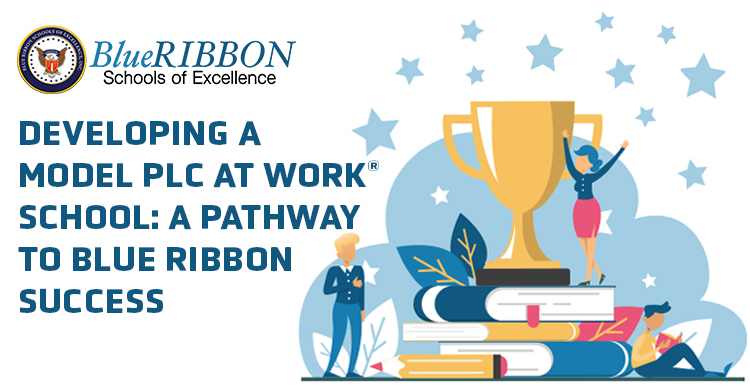Let’s start with a simple truth: Professional learning teams are constantly wrestling with powerful—even uncomfortable—conversations around meaningful topics.
Successfully navigating those conversations depends on teams that take steps to make the will of the group known to everyone—and making the will of the group known to everyone depends on providing everyone with ample opportunities to give input and to express disagreement in a safe way. While these kinds of conversations are best held during the course of regular face-to-face meetings where members can read the body language and hear the tone of voice of their peers, there are a range of digital tools that can be used to elicit early thinking.
Two such tools are AnswerGarden and Tricider.
With just a few simple clicks, AnswerGarden creates an interactive online space where participants can add text responses to any question. New responses show up automatically, giving group members a public sense of the thinking of their peers. Users can also vote for ideas added by others simply by clicking on and resubmitting responses that already appear in the AnswerGarden. Responses that receive multiple votes grow in size—think Wordle—making it possible for readers to quickly identify ideas with significant traction.
Designed to help teams make decisions about specific strategies that are worth pursuing, Tricider takes collaborative brainstorming around complex issues one step further. After generating a question with multiple potential answers to consider—think “What is the best way to reach reluctant readers?” or “What tool should we use to organize the content that we create together?”—team members can add new ideas that may be worth pursuing. For as long as a conversation remains active, team members can also add pros and cons to existing ideas and vote for ideas that they think have merit.
Learning teams can use AnswerGarden and Tricider to begin conversations around any complex issue.
Interested in how teachers are feeling about the nonfiction reading strategies that you are incorporating into your social studies classrooms? Create an AnswerGarden and start asking for opinions. Ready to discuss the best way to teach students to multiply fractions? List a few common practices and do some light voting in Tricider.
Because adding thoughts and ideas to AnswerGarden and Tricider requires little time and/or technical skill, every member of your learning team will be able to participate. More importantly, because adding thoughts and ideas to AnswerGarden and Tricider can be done anonymously, every member of your learning team will be willing to participate. As a result, the kinds of open, transparent negotiations that successful cooperation depends on can become a regular part of your learning team’s practice.
[author_bio id=”413″]






